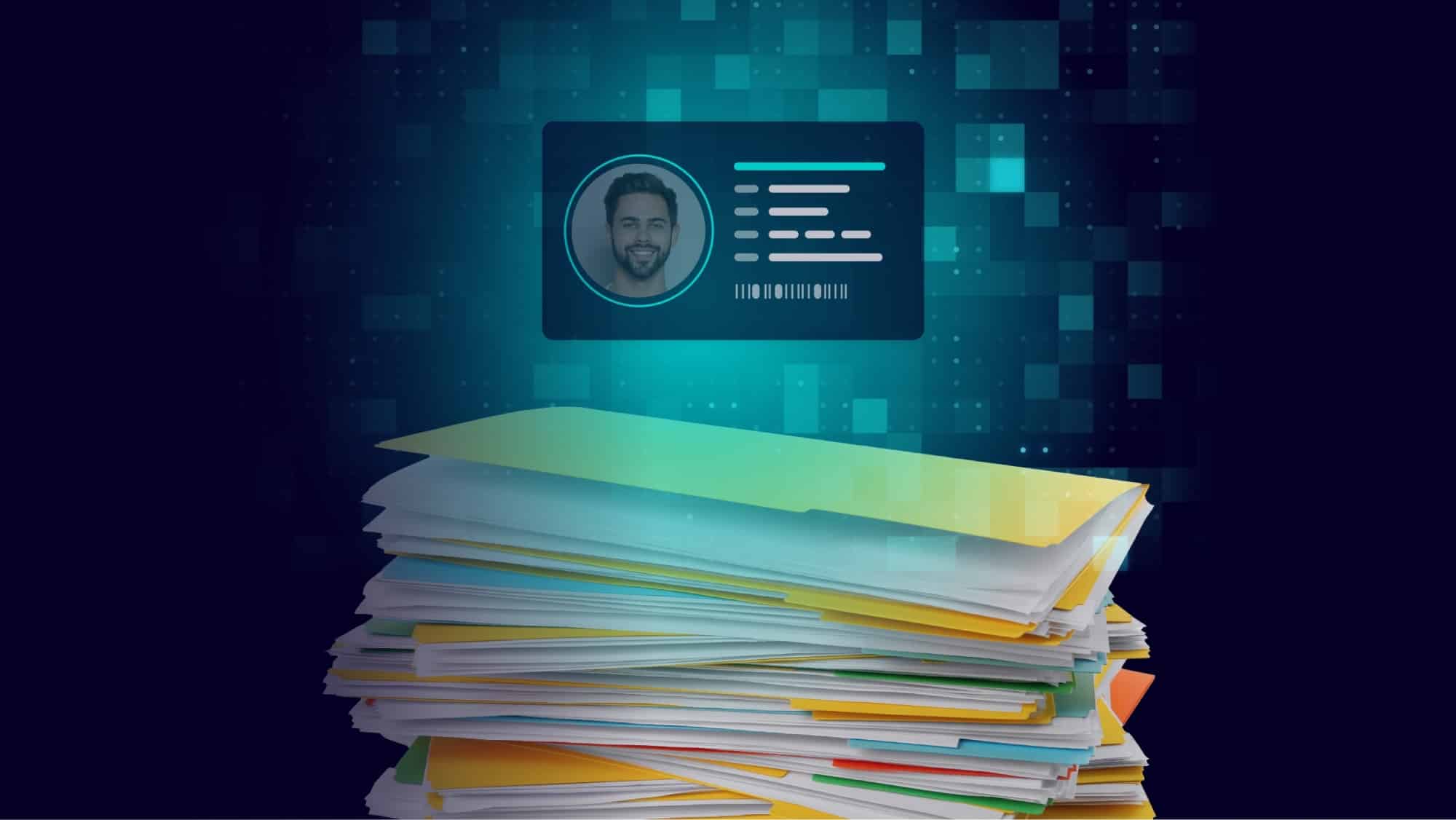The recent SSN data breach in the U.S. is a clear sign that it’s time to wake up and smell the coffee—our reliance on paper documents and outdated methods for identity verification is putting us at risk. This breach, which exposed the Social Security Numbers of millions, has shown how vulnerable our personal information is when stored and shared using old-school methods. As we continue to see in the news, the consequences are dire for individuals and businesses.
The Catch-22 of Paper-Based Identity
Here’s the irony: we think that holding onto physical documents and traditional identity verification methods keeps our information safe. But in reality, we’re doing the opposite. When we rely on presenting an SSN or photocopying an ID, we expose ourselves to the risks we’re trying to avoid. It’s like locking your front door but leaving the key under the doormat—sure, it feels secure, but anyone determined enough can get in. In a recent breach, thousands of Americans had their SSNs exposed due to outdated data storage methods. Reuters reported that this breach led to financial losses for individuals and caused a massive headache for businesses suddenly faced with a loss of trust and potential legal action . This isn’t just a hypothetical scenario—these breaches are happening right now, and they’re a wake-up call for everyone who still believes that paper and physical documents are secure.
A Personal Story: Trusting the Wrong System
Let me share a story that hits close to home. Years ago, my partner and I managed real estate documents with our attorney. My partner, ever the cautious one, was reluctant to share his SSN with our trusted attorney. He was worried about where that information might end up and who could access it. The attorney, a seasoned professional, bluntly dismissed his concerns, saying anyone with a smartphone and a few bucks could find out his SSN in minutes. Eventually, after much pressure from me, my partner handed over his SSN. What did the lawyer do? He photocopied the ID and stuck it in a file with all our other PII. Exactly the wrong thing to do! Now, imagine this scenario on a larger scale—your data, stored and saved by insurance companies, banks, or healthcare providers, sitting there, waiting to be accessed by anyone with the know-how. This is why clinging to old methods isn’t just outdated—it’s dangerous.
The Digital ID Revolution: Protecting Your Privacy
Here’s where digital IDs come in. Unlike traditional methods, digital IDs protect your privacy by hashing all your PII. No one—not even the people at the bank or your lawyer—can see the actual numbers. Instead, it’s all secured behind a QR code. When you use a digital ID, you’re not just handing over your information; you’re giving a secure, encrypted token that can’t be easily stolen or misused. Countries like Estonia and India have already embraced national digital ID systems with great success. Estonia’s e-Residency program, for example, allows citizens and residents to access a wide range of government services securely without the risk of exposing their personal information. In India, the Aadhaar system provides a unique identification number to over a billion people using biometric data that’s securely stored and encrypted. These countries have shown that it’s possible to create a system that both protects individual privacy and provides a higher level of security than traditional methods ever could.
The Bottom Line: Trust the Tech
The bottom line is this: it’s time to move away from antiquated identity verification methods. The SSN breach is just one of many examples of how vulnerable we are when we rely on paper and physical documents. Digital IDs offer a safer, more secure alternative that protects our information and gives us more control over how it’s used. So, think twice the next time you’re asked to photocopy your ID or share your SSN. There’s a better way—a way that’s already proven to be more secure in countries worldwide. It’s time to trust the tech and protect your identity in the digital age.
For more insights and tips on protecting your digital identity, check out the latest security guidelines from the FTC here






